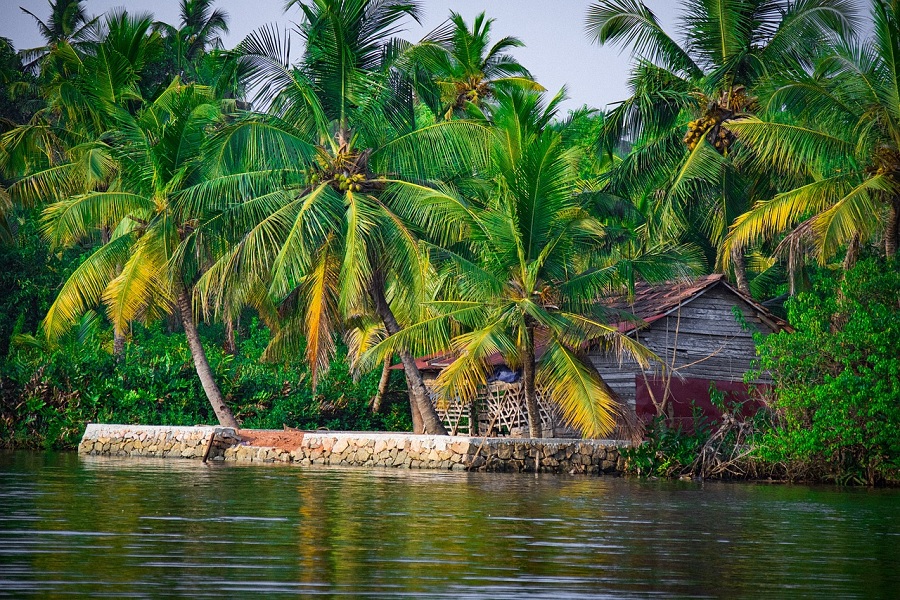Embracing Nature Responsibly: The Rise of Ecotourism in Mountain Landscapes

The image above reveals a stunning aerial view of a remote mountain eco-lodge nestled among verdant hills and rugged cliffs. Winding trails lead through pristine greenery, inviting nature lovers and conscious travelers into a realm where environmental sustainability and adventure coexist in harmony. This is the heart of ecotourism—a growing movement that promotes travel experiences which conserve the environment, respect local culture, and benefit local communities.
What Is Ecotourism?
Ecotourism is not just about visiting natural places—it's about responsible travel. It emphasizes low-impact exploration, educational opportunities, and eco-friendly accommodations like the one pictured above, which appears to harness solar power and follows a minimalist footprint on the landscape.
Key Features of Ecotourism Highlighted in the Image:
Sustainable Infrastructure
The green-roofed buildings and solar panels suggest efforts to minimize carbon footprints and use renewable energy, crucial in preserving fragile mountain ecosystems.
Minimal Land Disturbance
The narrow dirt trails and dispersed lodging design reduce environmental strain, allowing local flora and fauna to thrive undisturbed.
Immersive Nature Experience
With no roads or large vehicles in sight, this destination likely encourages hiking, birdwatching, photography, and meditation—activities that foster a deep connection with nature.
Community and Conservation Focus
Many such eco-lodges are run in partnership with local communities, helping preserve traditional knowledge and providing employment without compromising the natural balance.
Benefits of Mountain Ecotourism:
Conservation Awareness: Encourages travelers to support biodiversity preservation and understand the impacts of climate change on high-altitude regions.
Low-Impact Exploration: By promoting walking, trekking, and non-motorized travel, ecotourism reduces pollution and trail erosion.
Educational Value: Visitors often participate in workshops, guided nature walks, and environmental education that enrich the travel experience.
Support for Local Economy: Eco-lodges source food locally, employ regional guides, and encourage the sale of local handicrafts.
Popular Mountain Ecotourism Destinations:
Triglav National Park, Slovenia
Sikkim and Spiti Valley, India
Swiss Alps Eco Villages
The Rocky Mountains, USA and Canada
Munnar and Wayanad, Kerala (India)
Travel Tips for Ecotourists:
Choose certified eco-lodges or those with clear sustainability practices.
Carry reusable bottles, avoid plastic, and leave no trace.
Respect wildlife and local customs.
Participate in conservation activities or voluntourism efforts.
























